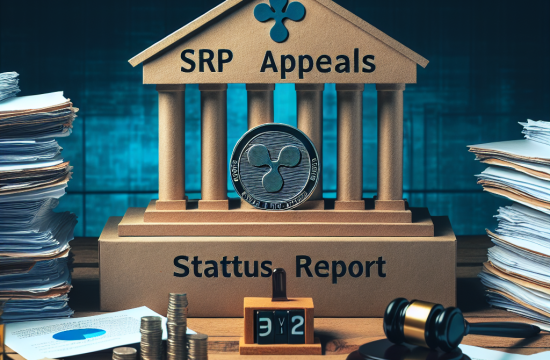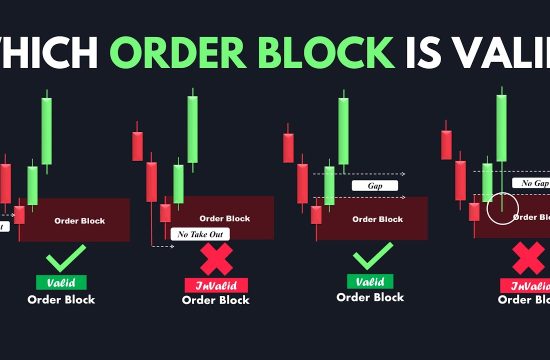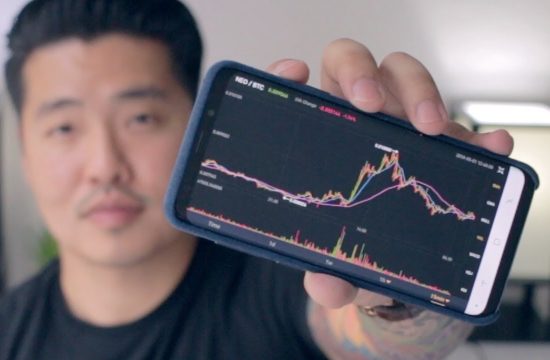Rise of Decentralized Finance (DeFi)
Understanding DeFi’s Impact on Bitcoin Trading
So, let’s dive into the world of decentralized finance, or DeFi for those of us who love jargon. DeFi is all about using blockchain technology to recreate and improve upon traditional financial systems. Sounds nifty, right? Well, this trend is changing the way we trade Bitcoin by allowing users to engage in trading without the need for central authorities—banks or brokers. Just us and the blockchain.
One of the coolest parts of DeFi is the increasing popularity of decentralized exchanges (DEXs). These platforms let traders swap Bitcoin for other cryptocurrencies without that pesky middleman. The emphasis here is on trustless systems, where your assets are always under your control. This shift not only reduces fees but also enhances privacy—what’s not to love?
As more people become aware of the benefits of DeFi, I expect we’ll see an explosion in Bitcoin trading activity. Traders are looking for platforms that offer better rates and more flexibility, and that’s what DeFi provides. In essence, this trend points us toward a more open and accessible trading environment.
Increased Institutional Investment
Why Institutions are Turning to Bitcoin
Let’s talk about the big players entering the Bitcoin space: institutions. Recently, I’ve noticed many hedge funds and corporations shifting some of their investment strategies to include Bitcoin. Why, you ask? Well, it’s all about growth potential, inflation hedging, and the quest for alternative assets. These entities are no longer viewing Bitcoin as ‘just digital gold’; instead, they’re acknowledging it as a significant asset class.
Think about it—when large institutions invest in Bitcoin, it not only legitimizes the cryptocurrency market but also brings a wave of momentum that can drive prices higher. Plus, it introduces a whole new level of liquidity and stability. From my experience, seeing Bitcoin adopted by companies like Tesla and Square has created an environment where more institutions feel encouraged to get involved.
As more institutional players enter the game, I can’t help but feel excited for the potential for new trading strategies and products to emerge. For example, the rise of Bitcoin ETFs (Exchange Traded Funds) could make it even easier for retail investors like us to join in on the action.
Technological Advances in Trading Tools
Innovative Platforms for Bitcoin Trading
Now, let’s chat about trading tools. Technology is evolving at a rapid pace, and with it, we’ve been seeing some pretty wild innovations in trading platforms and tools. As a trader, having access to efficient and user-friendly trading platforms makes a world of difference. My go-to strategies have improved massively thanks to the newest trading technologies popping up.
These platforms are integrating features like advanced charting tools, AI-driven analytics, and algorithmic trading bots that allow for more diversified and strategic approaches to Bitcoin trading. Imagine having a robot make trades based on data analysis—it’s almost like having a personal trading assistant at your fingertips!
Moreover, things like mobile trading apps mean I can keep an eye on Bitcoin prices and execute trades right from my couch or while I’m out and about. The ease and accessibility that these advances provide have democratized Bitcoin trading, making it possible for anyone to jump in regardless of their experience level.
Regulatory Changes on the Horizon
Navigating a Shifting Regulatory Landscape
Ok, let’s face it—regulations can be a real buzzkill, but they’re a big part of the conversation. Governments around the globe are starting to consider how they fit into the Bitcoin trading landscape. In my experience, the lack of clear regulations has been a double-edged sword for traders: while it fosters innovation, it also brings uncertainty.
As regulatory frameworks are developed, I believe they will offer more protection for traders. This could lead to a safer trading environment, but let’s be real—it might also mean more compliance and perhaps taxes. The best thing we can do is stay informed and adjust our strategies accordingly.
Plus, with clearer regulations, we might see an influx of traditional financial players entering the Bitcoin scene, which could lead to increased mainstream adoption. Just like with any emerging market, a stable regulatory framework can pave the way for massive growth.
Global Economic Factors Influencing Bitcoin
The Role of Economic Trends on Bitcoin Trading
Lastly, let’s chat about the macroeconomic environment. Economic factors like inflation, currency devaluation, and geopolitical tensions all have significant impacts on Bitcoin trading. When traditional markets are volatile, I often turn to Bitcoin as a sort of ‘safe haven’ asset. Many people view it as a hedge against inflation, especially in uncertain economic times.
As I’ve observed, stress in traditional economies tends to drive more buyers to cryptocurrencies. When fiat currencies start to wobble, Bitcoin can sometimes shine as an alternative store of value. It’s fascinating (and a little scary) how interconnected everything has become.
Moreover, global interest rates and money supply play massive roles in the cryptocurrency space. With central banks printing more money, there could be a growing emphasis on Bitcoin as a limited resource—something to keep an eye on as the economy shifts.
Frequently Asked Questions
1. What is DeFi and how does it relate to Bitcoin trading?
DeFi, or decentralized finance, refers to financial services that aren’t dependent on traditional banks or institutions. It allows Bitcoin trading without intermediaries and enhances privacy and lower fees for traders.
2. Why are institutions increasingly investing in Bitcoin?
Institutions see Bitcoin as a significant asset class, providing growth potential and acting as a hedge against inflation. Their involvement adds legitimacy to the cryptocurrency space and can lead to increased liquidity.
3. What new technologies are changing Bitcoin trading?
Innovative trading platforms are integrating features like AI analytics, algorithmic trading, and mobile apps. These tools enhance accessibility, streamline trading, and allow for data-driven decision-making.
4. How do regulatory changes affect Bitcoin traders?
Regulatory changes can create a safer trading environment and protect traders, but they might also introduce compliance burdens and potential taxes. Staying informed is key to navigating these shifts.
5. What economic factors influence Bitcoin trading the most?
Global economic conditions such as inflation, currency devaluation, and geopolitical tensions significantly influence Bitcoin trading. Many view Bitcoin as a ‘safe haven’ during economic uncertainty.









